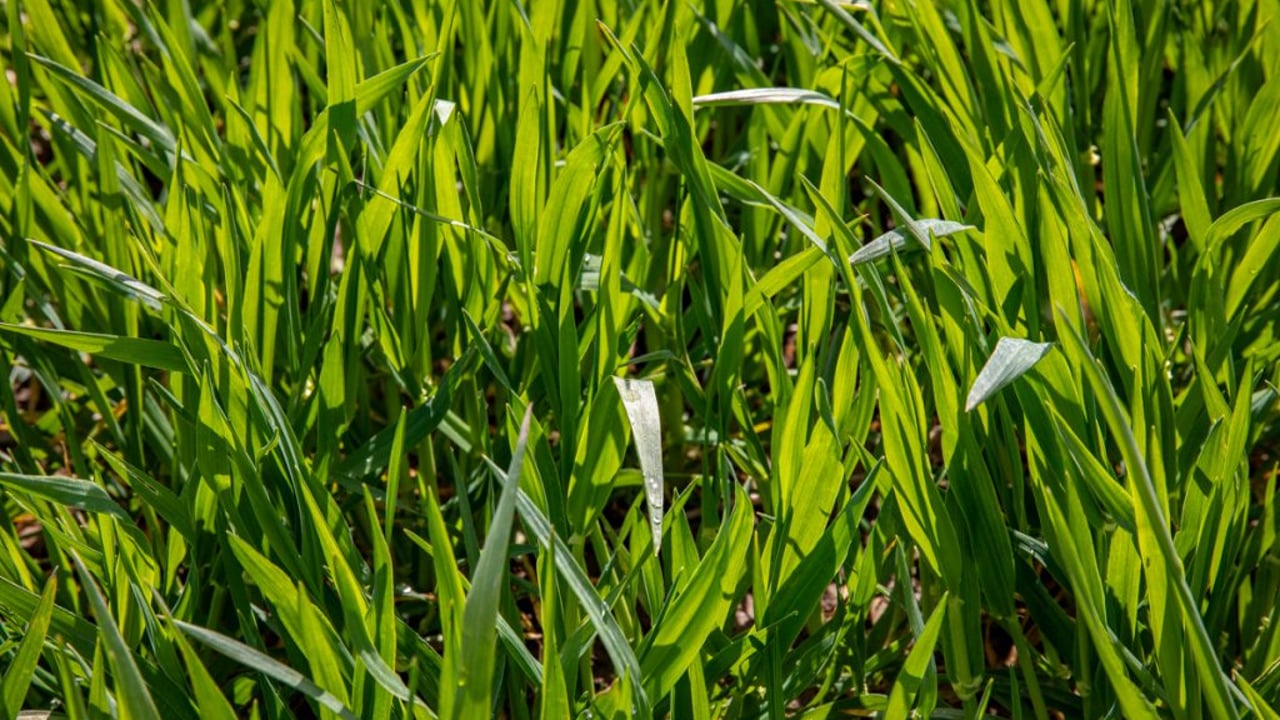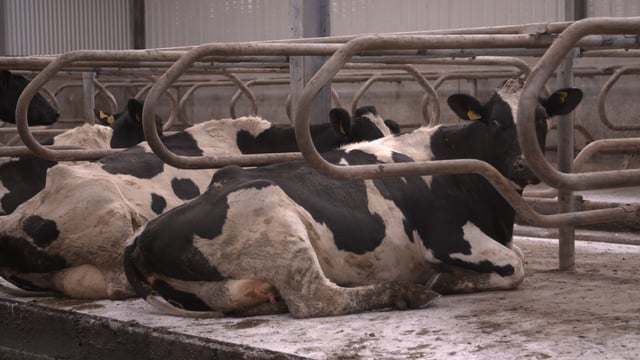Threat of BYDV high within early sown cereal crops
Teagasc has confirmed that the threat of barley yellow dwarf virus (BYDV) is extremely high within newly drilled cereal crops at the present time.
“This is a direct result of the continuing mild weather and the fact that many growers have been able to drill crops early this autumn," said Teagasc tillage specialist, Shay Phelan.
“For those growers wishing to use an insecticide, it should be applied at the two-leaf stage with a further spray applied later in November.
“I am very aware that many growers have opted to go with BYDV-tolerant varieties of winter barley this season, but tolerance is not the same as full resistance.
“Given the extreme BYDV pressure that we believe to be out there at the present time, applying an insecticide to BYDY-tolerant crops is also advised under current circumstances," he added.
Despite the rain that fell in some areas of the country earlier in the week, ground conditions remain good, for the most part, across all tillage areas.
“Autumn planting of winter cereals continues apace, and it is the same story where the harvesting of main crop potatoes is concerned," Phelan continued.
“Obviously, most growers are concentrating on the job of getting winter cereal crops planted out. However, the case to get an effective herbicide on to those drops that have started to emerge is equally strong.
“Tacking all weeds is that much easier at this time of the year. There is also strong evidence to confirm that leaving weed control to next spring increases the threat posed by herbicide resistance."
The tillage specialist added that "conditions remain excellent. So growers should not lose out on the opportunity to get implement effective herbicide spraying programmes now.
Turning to winter oilseed rape (OSR), the Teagasc representative confirmed a mixed bag of crop performance up to this point.
“There is evidence of heavy slug damage in some early planted crops. However, for those crops drilled in September, it is not too late to put out slug pellets.
“There is also evidence of volunteer cereals coming through in many rape crops at the present.
“This issue can be sorted out with the use of a suitable graminicide. Adding a suitable fungicide to the tank in order to keep phoma at bay at this stage is also strongly recommended," Phelan explained.





